Home / World / India Declines Trump’s Proposal for Mediation in China Border Dispute
India Declines Trump’s Proposal for Mediation in China Border Dispute
By: My India Times
5 minutes read 21Updated At: 2025-02-14
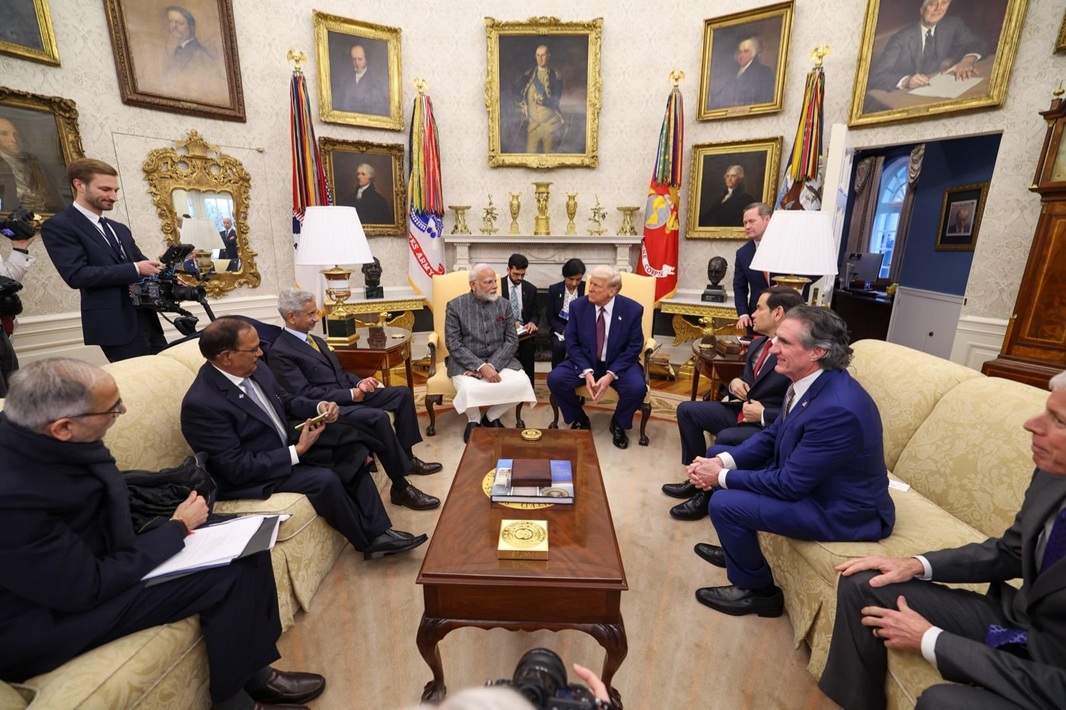
India has officially declined U.S. President Donald Trump’s proposal to mediate in the ongoing border conflict with China. This decision comes amid heightened tensions between the two nations, particularly in light of China’s assertive territorial claims. Although both countries have engaged in several rounds of dialogue, the prolonged border standoff remains unresolved, raising concerns in the region.
Trump’s Proposal for Mediation in the Border Conflict
At a recent joint press conference with Indian Prime Minister Narendra Modi, President Trump extended an offer of assistance in mediating the enduring territorial disputes between India and China. Trump noted the escalation of border clashes between the two countries into violent confrontations and expressed his willingness to act as a mediator to facilitate de-escalation of the situation.
The U.S. President commented, “I am aware of the ongoing hostilities between India and China, and I have observed that the military engagements have been exceedingly brutal. It seems likely that these tensions will persist, and if I am able to assist, I would be eager to help because this situation should be resolved. It has been ongoing for an extended period and has led to significant violence.”
Despite this, India reiterated its preference to resolve the dispute through direct, bilateral discussions with China, eschewing third-party involvement. India’s Foreign Secretary, Vikram Misri, underscored that India has consistently managed border issues with neighboring countries via direct, bilateral diplomacy. He reaffirmed India's commitment to resolving the border dispute with China through peaceful negotiations.
India’s Strong Position on Bilateral Resolution
India’s rejection of Trump’s proposal underscores its long-held policy of addressing territorial disputes through bilateral negotiations. The government has stressed that it will not tolerate foreign interference in its efforts to resolve such sensitive matters. Prime Minister Modi’s administration believes that external involvement in the dispute could potentially jeopardize the integrity of India’s diplomatic processes.
This stance aligns with India’s approach to previous border disputes, including its response to President Trump’s earlier offer to mediate the India-Pakistan conflict. In both instances, India has dismissed external intervention, opting to manage these issues directly with its neighboring countries.
The border, particularly in the Aksai Chin and Arunachal Pradesh areas, has been a contentious point for decades. The 1962 Sino-Indian War, which was fought over these territories, ended in a ceasefire but left the underlying issues unresolved.
The border standoff reignited in recent years, particularly in the region of Ladakh, where violent clashes between Indian and Chinese forces occurred in 2020. Both countries have built up military presence along the Line of Actual Control (LAC), and despite multiple rounds of talks, the situation remains volatile.
For India, the issue is not just about territorial integrity but also about the broader geopolitical implications of China’s increasing influence in the region. While Beijing has shown interest in diplomatic engagement, New Delhi remains cautious due to the lack of trust built over the years of military skirmishes and diplomatic tensions.
Trump’s Global Diplomacy and Controversial Proposals
In addition to offering to mediate in the India-China conflict, President Trump has also suggested his willingness to mediate the India-Pakistan dispute. However, both India and Pakistan have consistently opposed third-party intervention in their bilateral matters, preferring to engage in direct dialogue. India has been particularly vocal about its unwillingness to allow international mediation, reaffirming its commitment to resolving regional issues through bilateral discussions.
Trump has also made headlines recently by announcing a controversial plan to send U.S. troops to Gaza, aiming to rebuild the region. His statement on U.S. military involvement in Gaza, particularly in regard to the removal of Palestinians, has sparked outrage across the globe. Critics argue that such comments further escalate the tensions in the Middle East and could worsen the humanitarian crisis.
Global Reactions to Trump’s Mediation Offers
The international response to Trump’s offers of mediation has been mixed. On one hand, some analysts praise his proactive approach to resolving global conflicts. On the other hand, concerns have been raised regarding the potential negative impacts of foreign intervention in sensitive regional matters.
India’s rejection of Trump’s offer to mediate the China border issue signals the country’s strong preference for sovereignty and self-reliance in handling its territorial disputes. By rejecting external interference, India aims to maintain control over the outcome of these sensitive negotiations. The government has continually emphasized its belief that direct bilateral talks, not third-party mediation, are the most effective way to achieve a lasting resolution.
India’s Commitment to Peaceful Diplomacy
India’s stance on resolving the border dispute with China underscores its commitment to a peaceful, negotiated solution. India continues to stress the importance of dialogue and diplomacy over external involvement. The country’s foreign policy aims to maintain regional stability, emphasizing the importance of resolving disputes through peaceful engagement.
The rejection of Trump’s offer also reflects India’s desire to avoid being entangled in broader international power struggles. India’s focus remains on safeguarding its national interests and achieving a resolution through direct diplomatic channels with China. This approach not only protects India's sovereignty but also reinforces its diplomatic autonomy on the global stage.
....India has officially declined U.S. President Donald Trump’s proposal to mediate in the ongoing border conflict with China. This decision comes amid heightened tensions between the two nations, particularly in light of China’s assertive territorial claims. Although both countries have engaged in several rounds of dialogue, the prolonged border standoff remains unresolved, raising concerns in the region.
Trump’s Proposal for Mediation in the Border Conflict
At a recent joint press conference with Indian Prime Minister Narendra Modi, President Trump extended an offer of assistance in mediating the enduring territorial disputes between India and China. Trump noted the escalation of border clashes between the two countries into violent confrontations and expressed his willingness to act as a mediator to facilitate de-escalation of the situation.
The U.S. President commented, “I am aware of the ongoing hostilities between India and China, and I have observed that the military engagements have been exceedingly brutal. It seems likely that these tensions will persist, and if I am able to assist, I would be eager to help because this situation should be resolved. It has been ongoing for an extended period and has led to significant violence.”
Despite this, India reiterated its preference to resolve the dispute through direct, bilateral discussions with China, eschewing third-party involvement. India’s Foreign Secretary, Vikram Misri, underscored that India has consistently managed border issues with neighboring countries via direct, bilateral diplomacy. He reaffirmed India's commitment to resolving the border dispute with China through peaceful negotiations.
India’s Strong Position on Bilateral Resolution
India’s rejection of Trump’s proposal underscores its long-held policy of addressing territorial disputes through bilateral negotiations. The government has stressed that it will not tolerate foreign interference in its efforts to resolve such sensitive matters. Prime Minister Modi’s administration believes that external involvement in the dispute could potentially jeopardize the integrity of India’s diplomatic processes.
This stance aligns with India’s approach to previous border disputes, including its response to President Trump’s earlier offer to mediate the India-Pakistan conflict. In both instances, India has dismissed external intervention, opting to manage these issues directly with its neighboring countries.
The border, particularly in the Aksai Chin and Arunachal Pradesh areas, has been a contentious point for decades. The 1962 Sino-Indian War, which was fought over these territories, ended in a ceasefire but left the underlying issues unresolved.
The border standoff reignited in recent years, particularly in the region of Ladakh, where violent clashes between Indian and Chinese forces occurred in 2020. Both countries have built up military presence along the Line of Actual Control (LAC), and despite multiple rounds of talks, the situation remains volatile.
For India, the issue is not just about territorial integrity but also about the broader geopolitical implications of China’s increasing influence in the region. While Beijing has shown interest in diplomatic engagement, New Delhi remains cautious due to the lack of trust built over the years of military skirmishes and diplomatic tensions.
Trump’s Global Diplomacy and Controversial Proposals
In addition to offering to mediate in the India-China conflict, President Trump has also suggested his willingness to mediate the India-Pakistan dispute. However, both India and Pakistan have consistently opposed third-party intervention in their bilateral matters, preferring to engage in direct dialogue. India has been particularly vocal about its unwillingness to allow international mediation, reaffirming its commitment to resolving regional issues through bilateral discussions.
Trump has also made headlines recently by announcing a controversial plan to send U.S. troops to Gaza, aiming to rebuild the region. His statement on U.S. military involvement in Gaza, particularly in regard to the removal of Palestinians, has sparked outrage across the globe. Critics argue that such comments further escalate the tensions in the Middle East and could worsen the humanitarian crisis.
Global Reactions to Trump’s Mediation Offers
The international response to Trump’s offers of mediation has been mixed. On one hand, some analysts praise his proactive approach to resolving global conflicts. On the other hand, concerns have been raised regarding the potential negative impacts of foreign intervention in sensitive regional matters.
India’s rejection of Trump’s offer to mediate the China border issue signals the country’s strong preference for sovereignty and self-reliance in handling its territorial disputes. By rejecting external interference, India aims to maintain control over the outcome of these sensitive negotiations. The government has continually emphasized its belief that direct bilateral talks, not third-party mediation, are the most effective way to achieve a lasting resolution.
India’s Commitment to Peaceful Diplomacy
India’s stance on resolving the border dispute with China underscores its commitment to a peaceful, negotiated solution. India continues to stress the importance of dialogue and diplomacy over external involvement. The country’s foreign policy aims to maintain regional stability, emphasizing the importance of resolving disputes through peaceful engagement.
The rejection of Trump’s offer also reflects India’s desire to avoid being entangled in broader international power struggles. India’s focus remains on safeguarding its national interests and achieving a resolution through direct diplomatic channels with China. This approach not only protects India's sovereignty but also reinforces its diplomatic autonomy on the global stage.
By: My India Times
Updated At: 2025-02-14
Tags: World News | My India Times News | Trending News | Travel News
Join our WhatsApp Channel


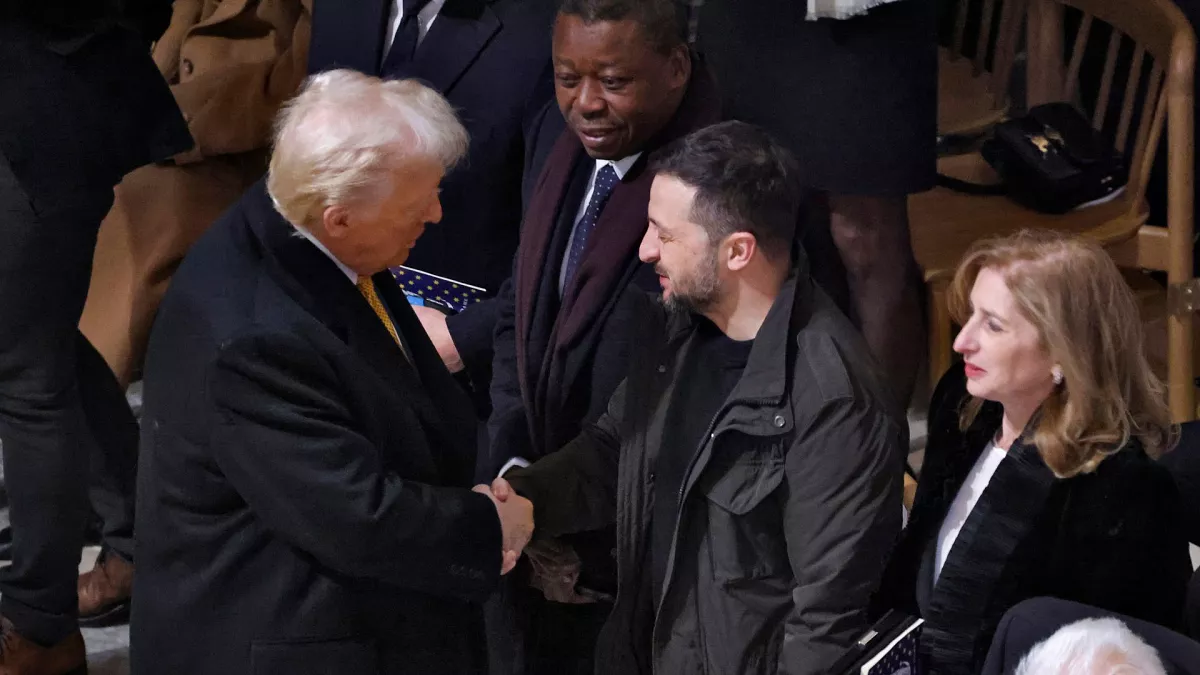
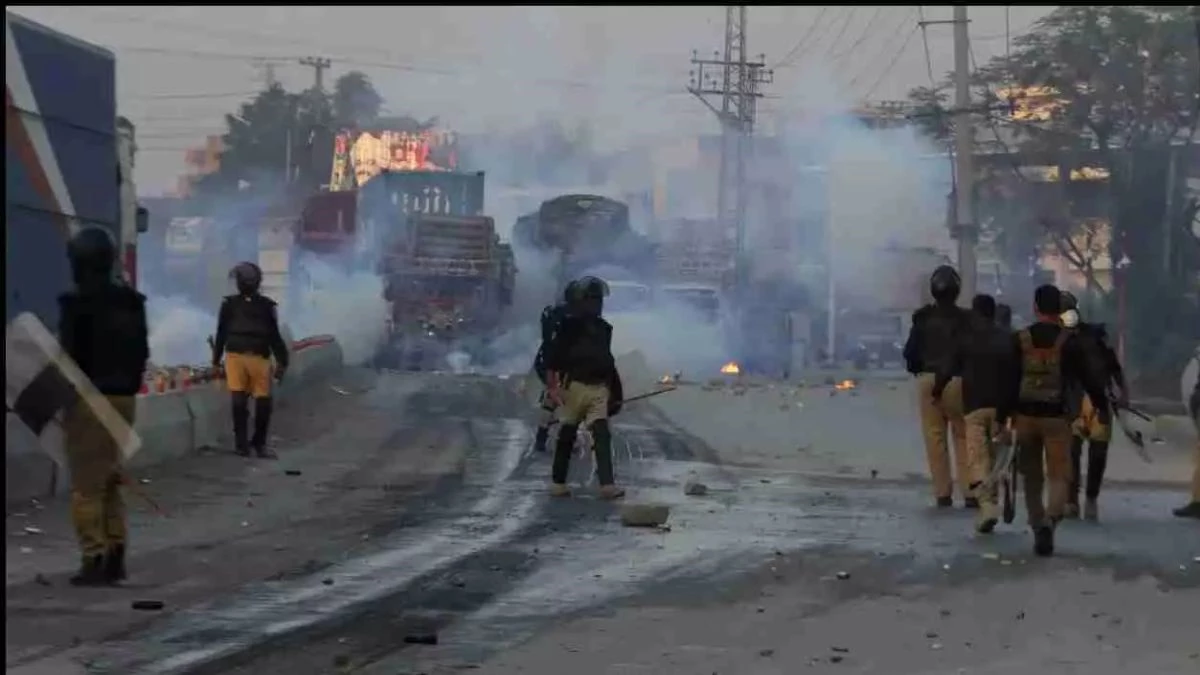



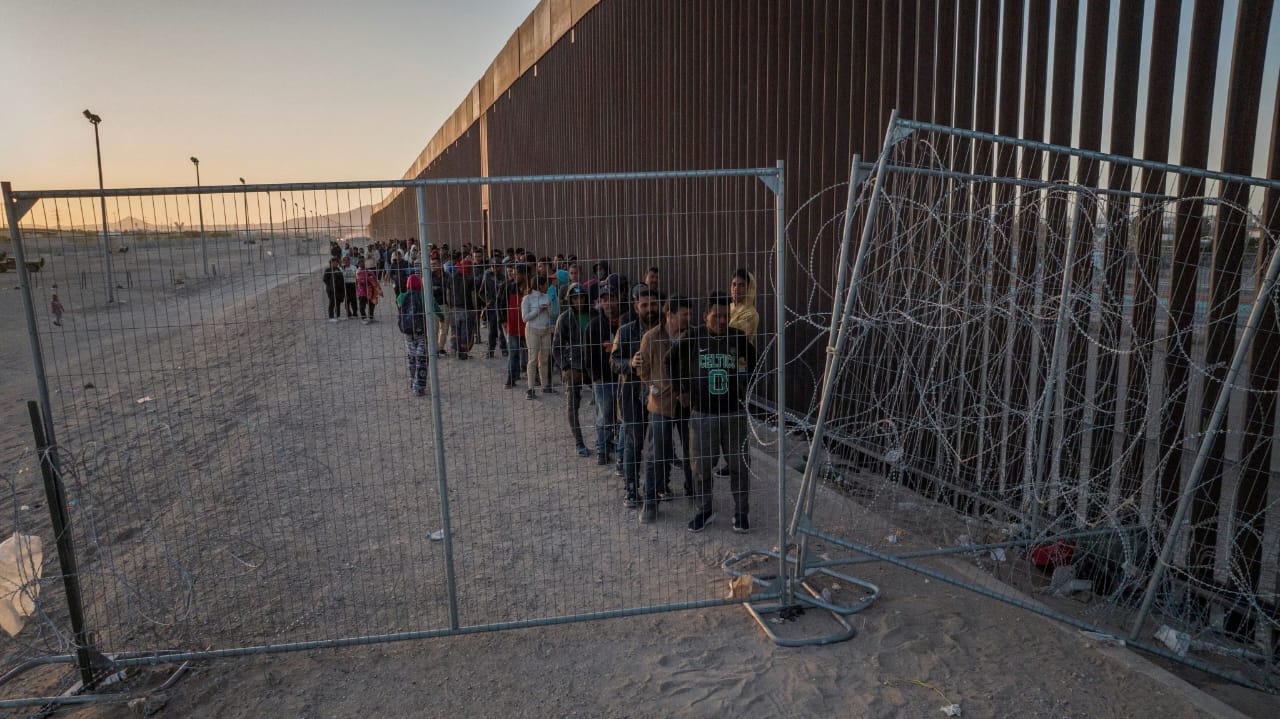


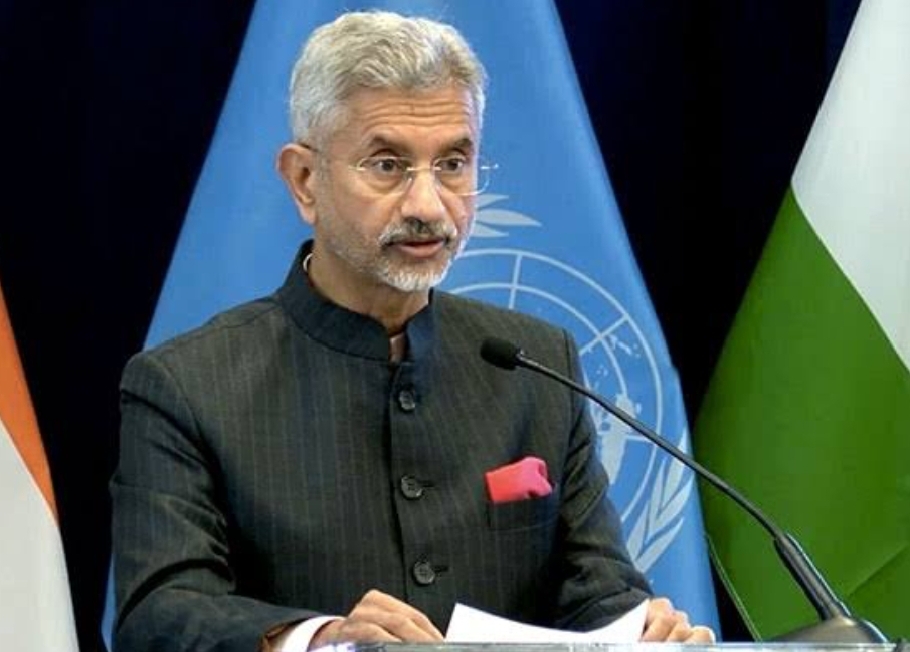



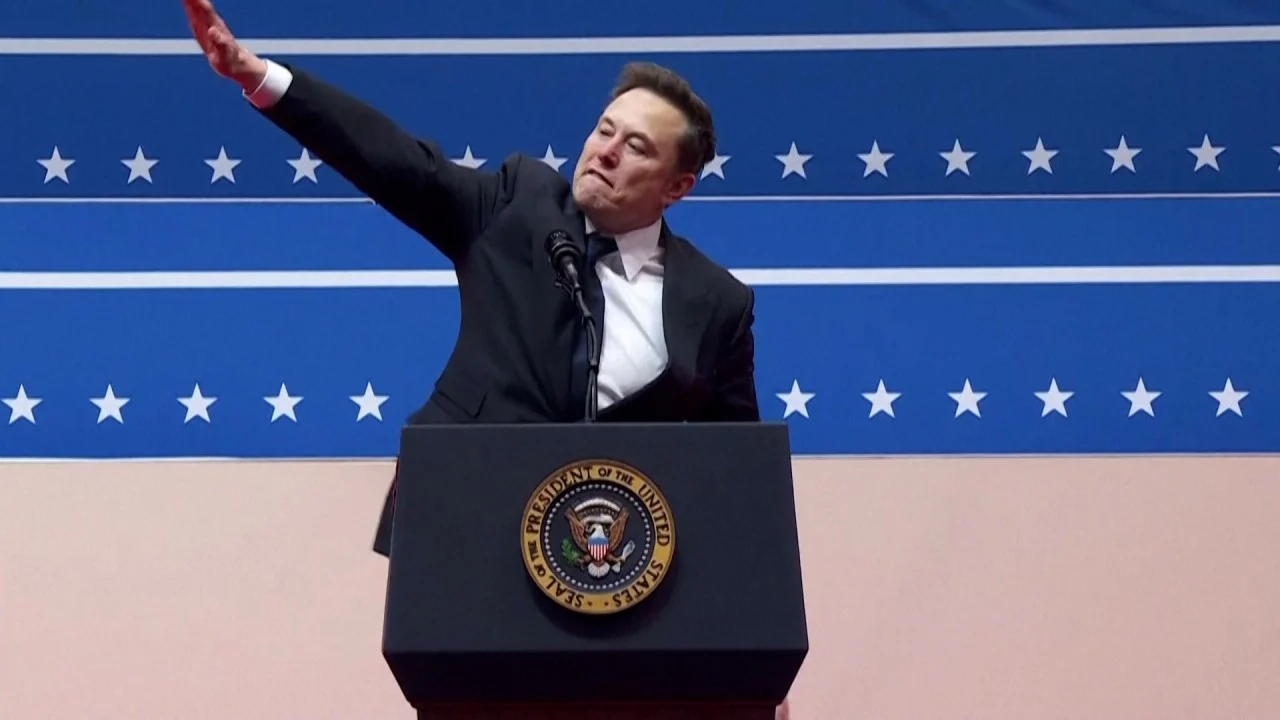
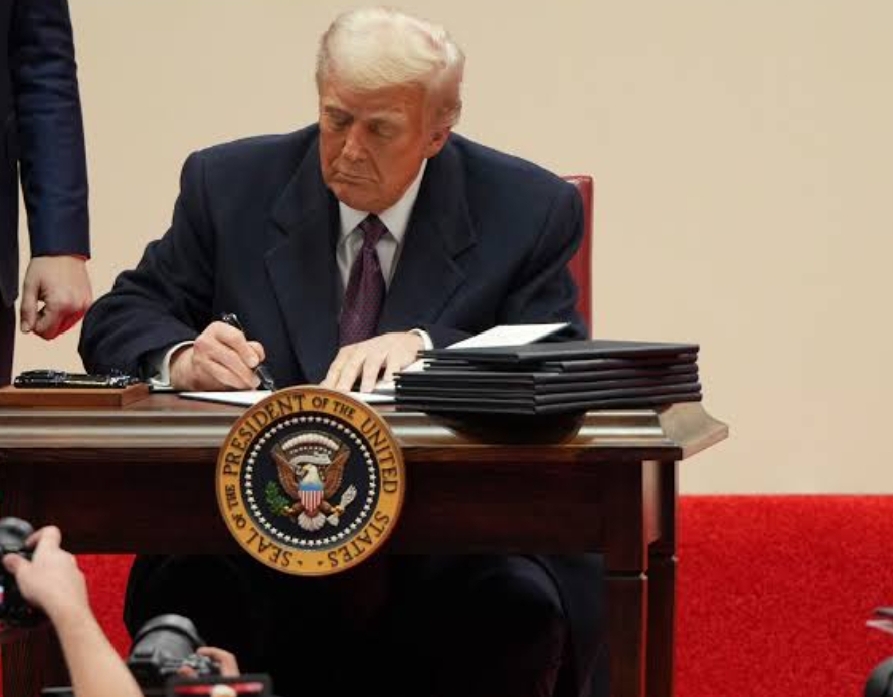


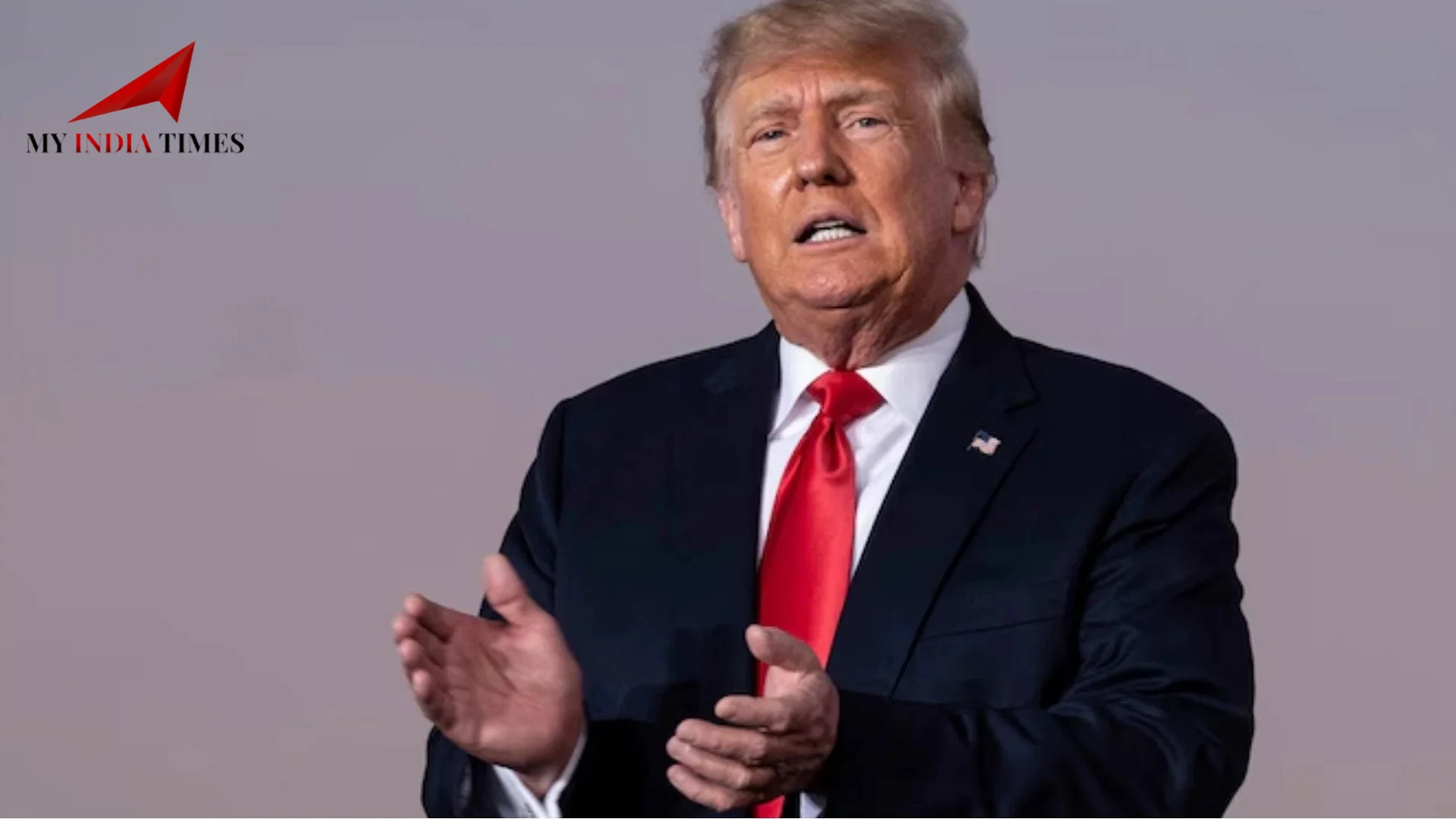


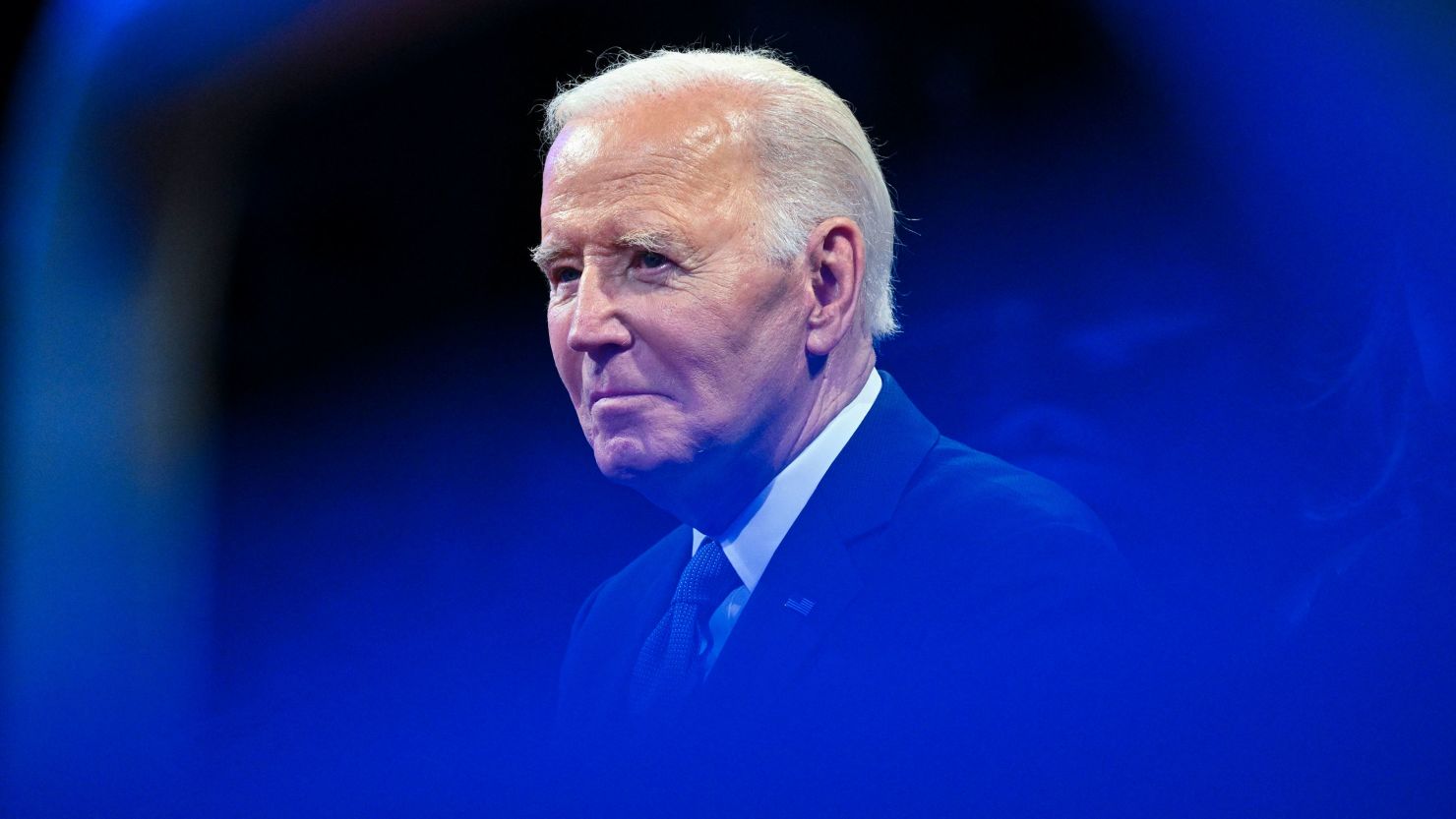
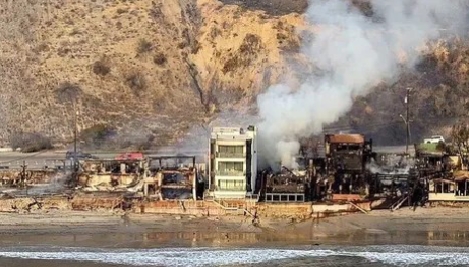





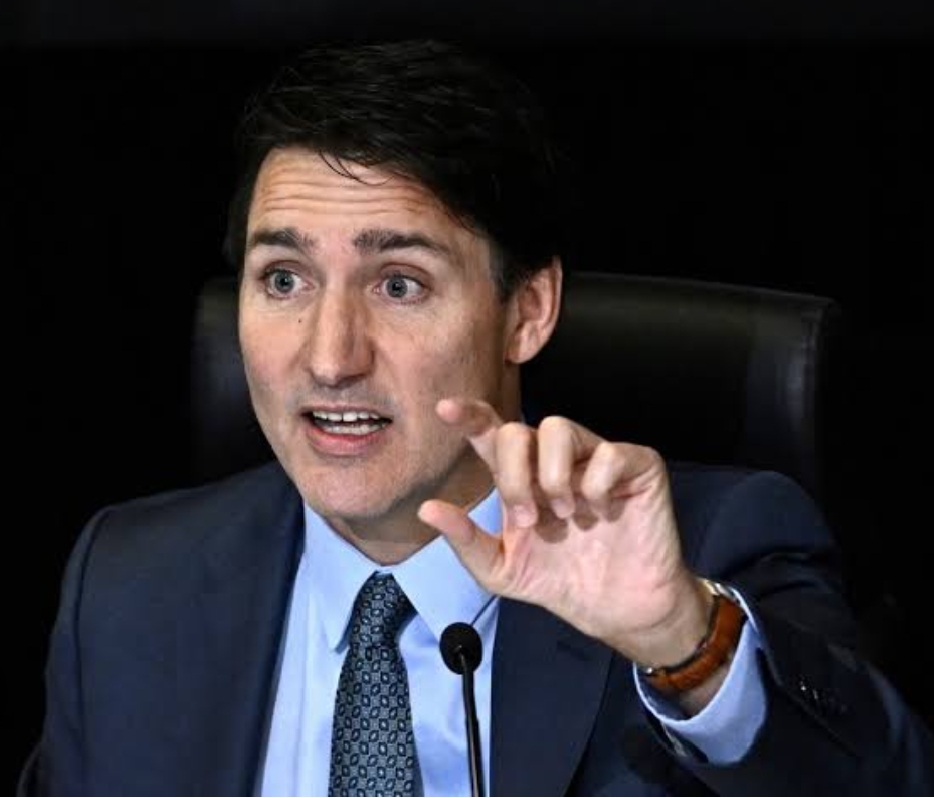
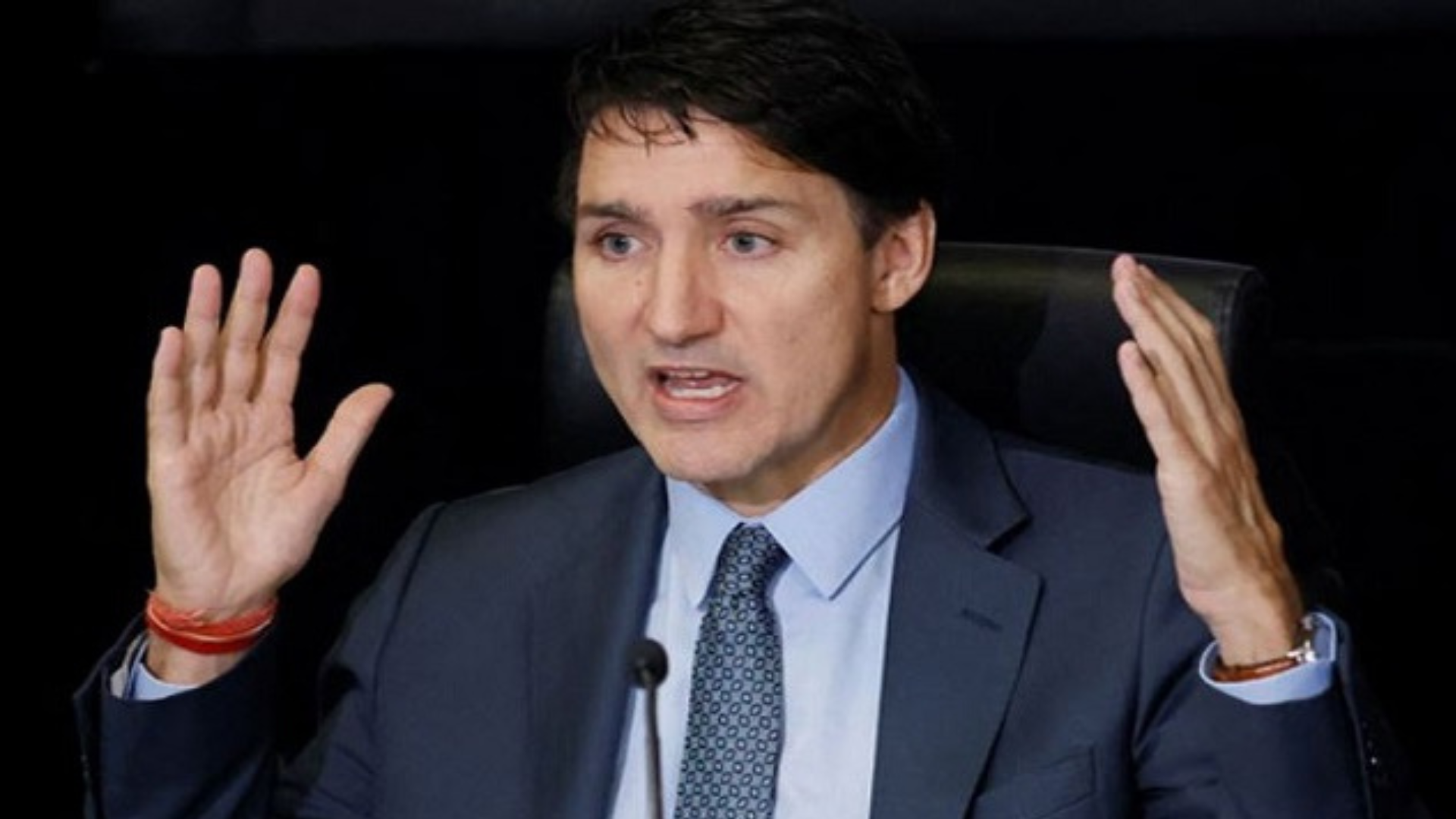




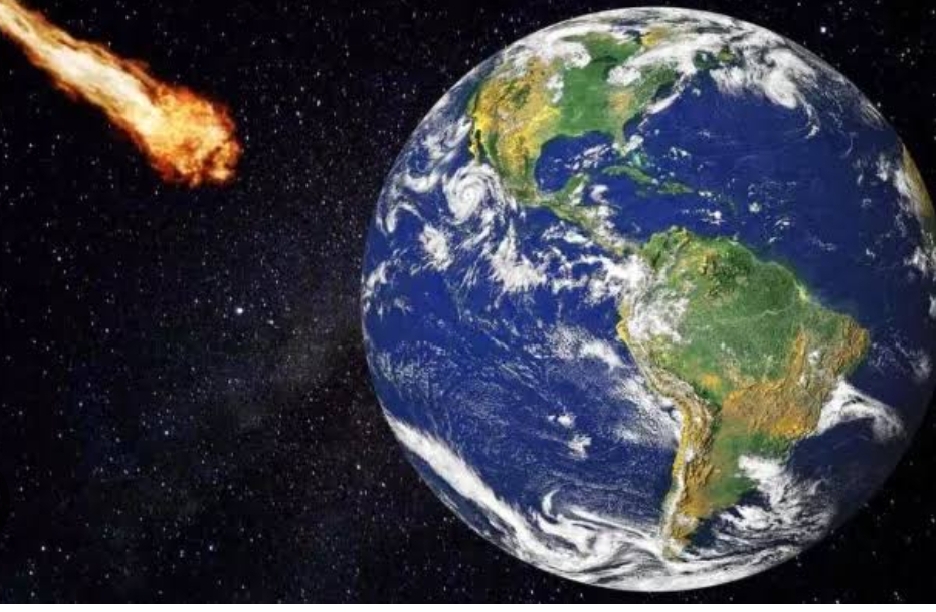



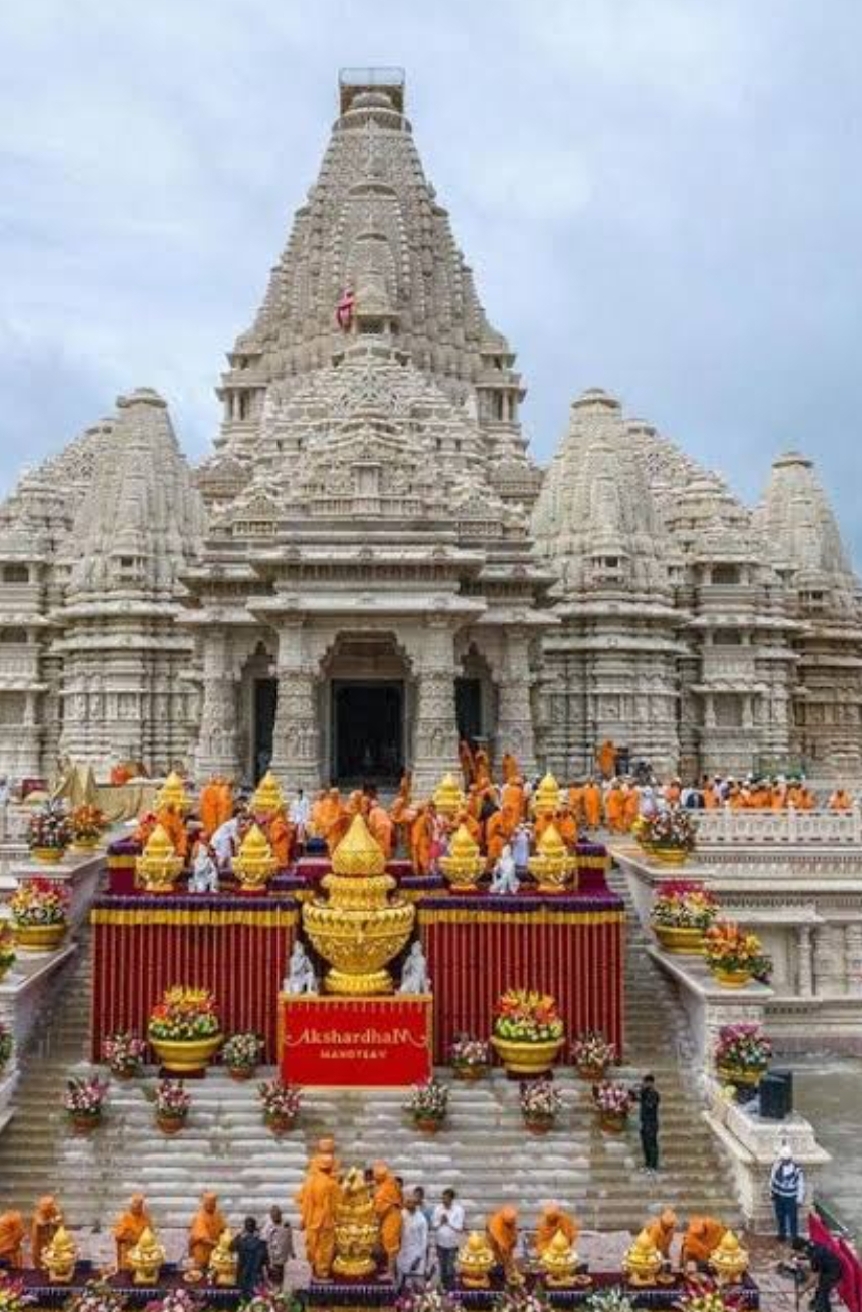



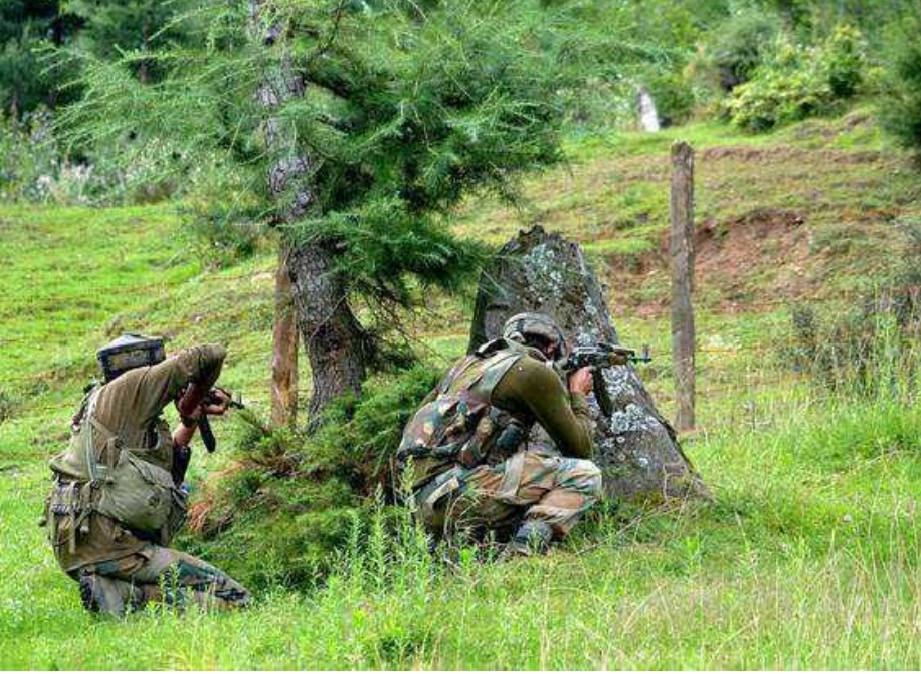




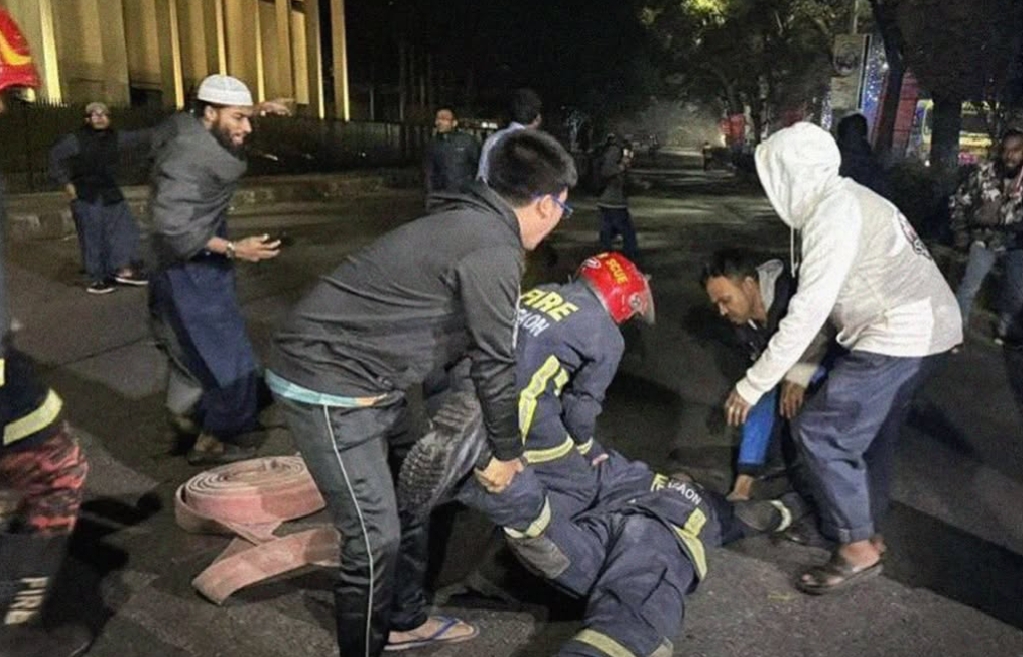



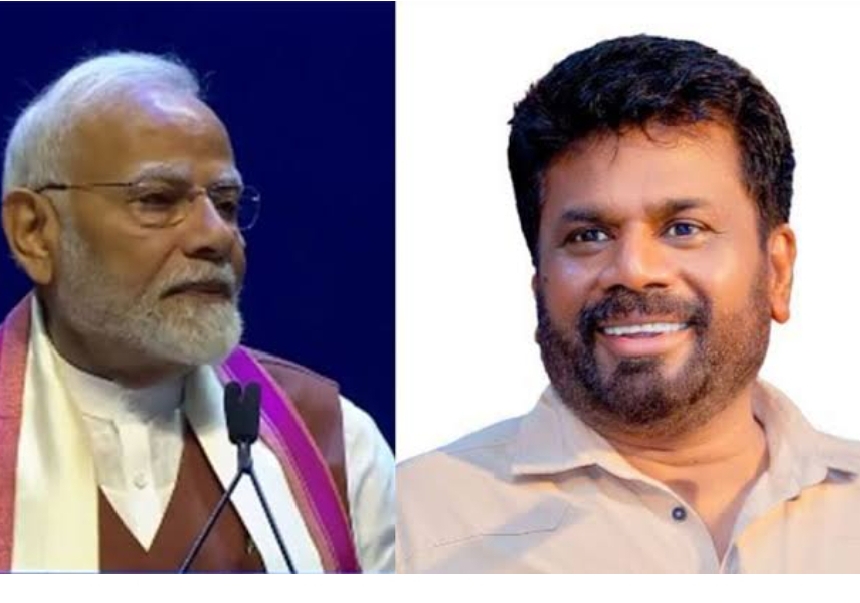













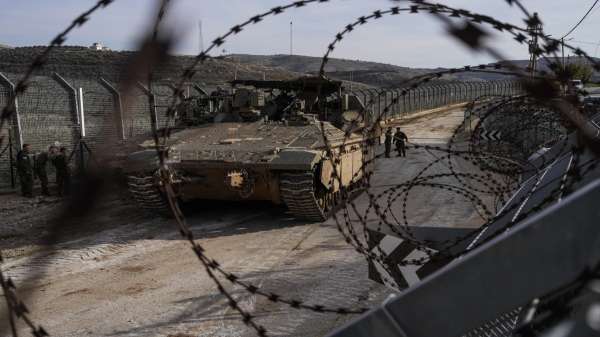
.png)
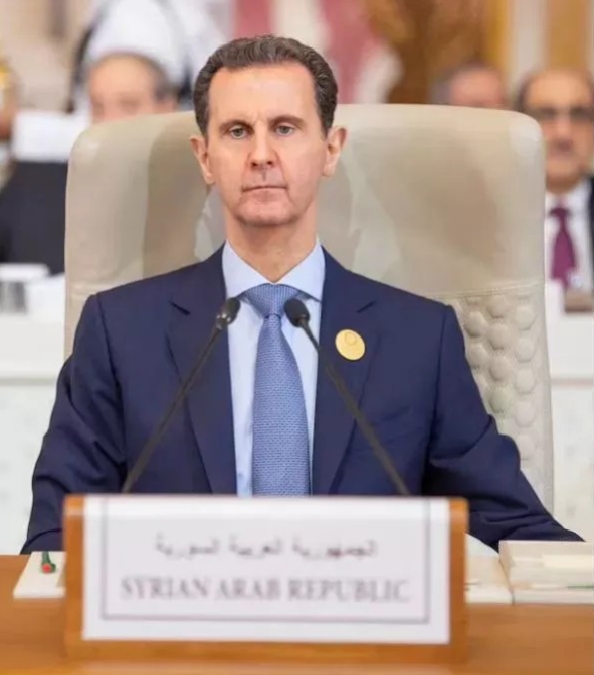

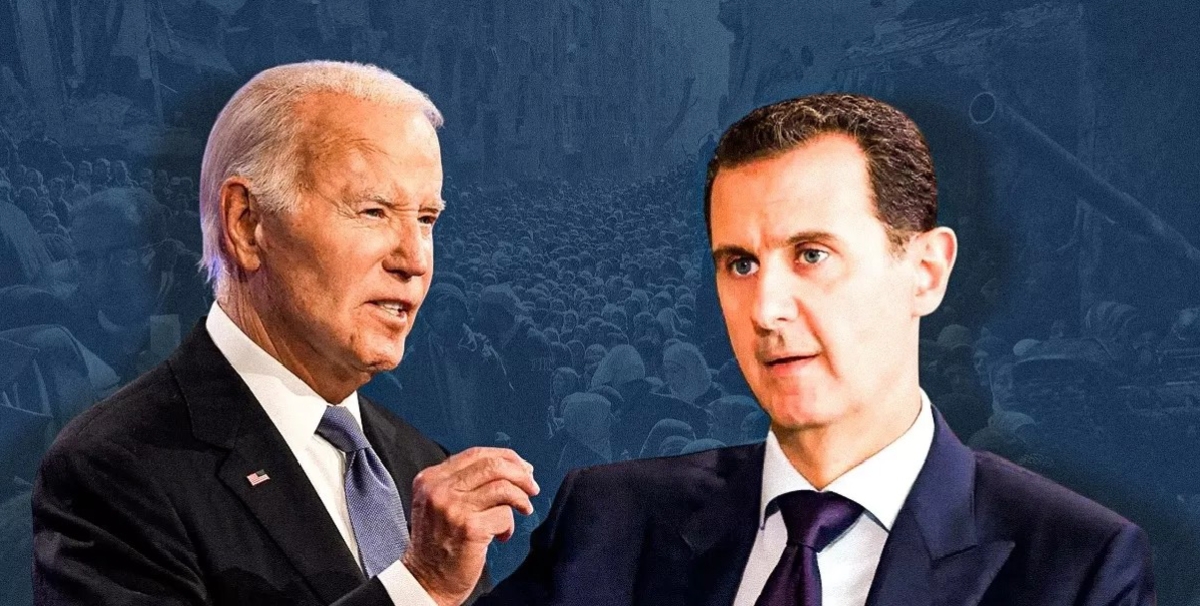





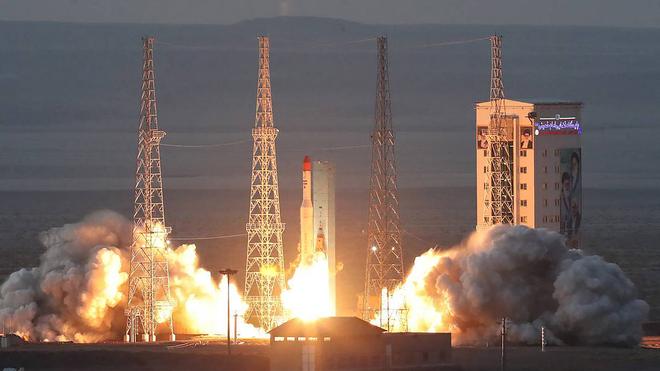
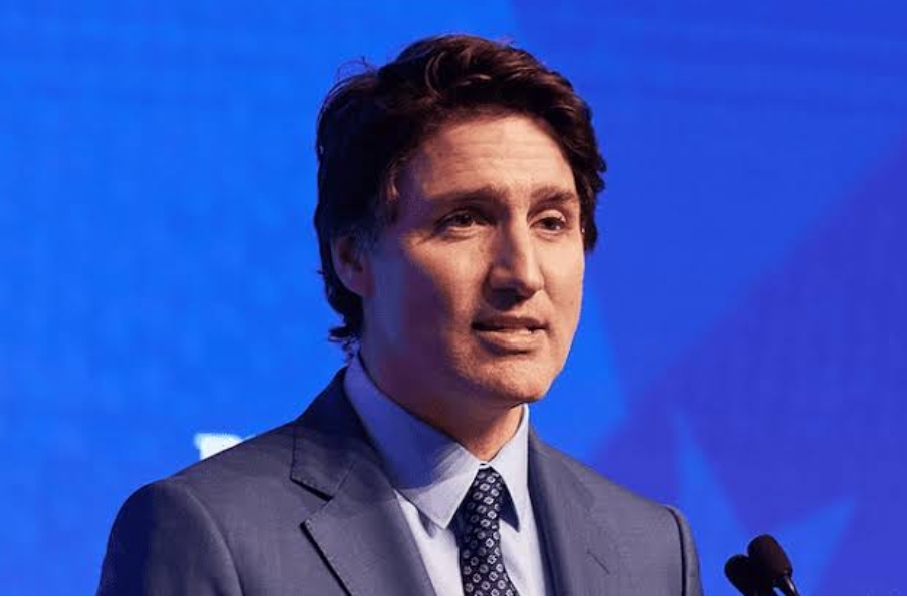


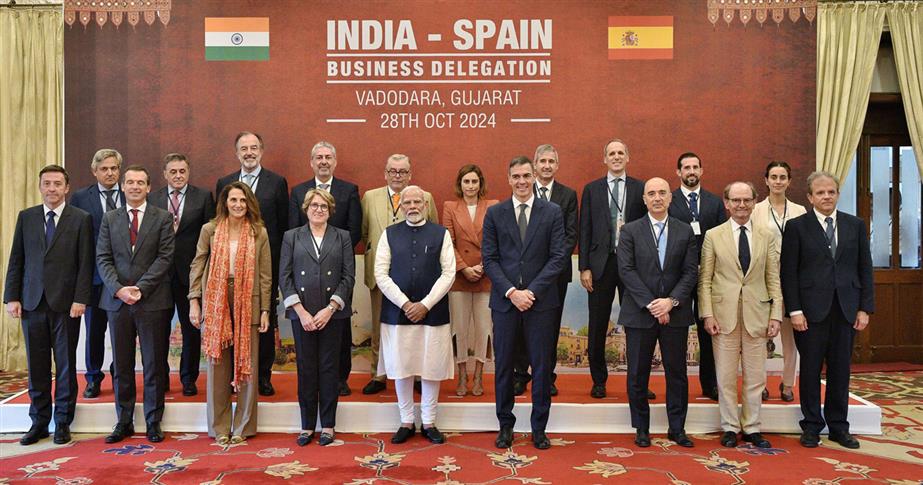
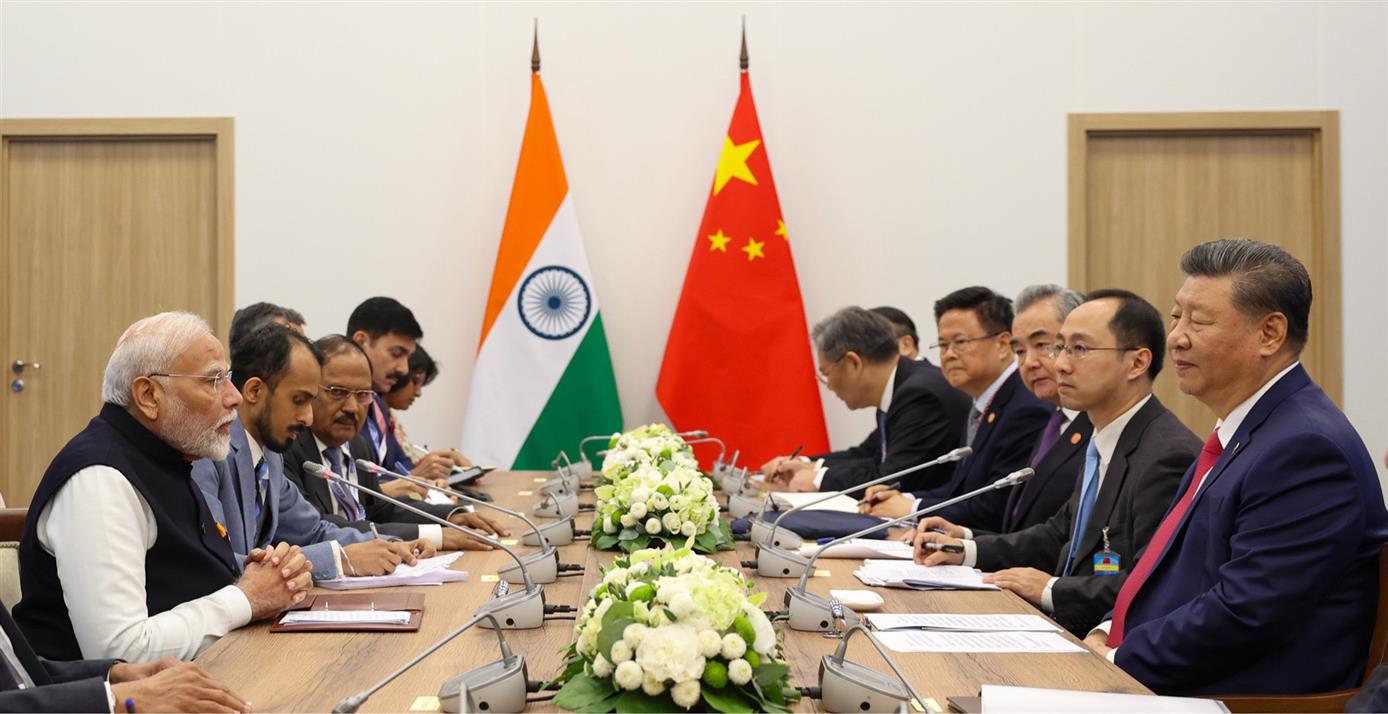
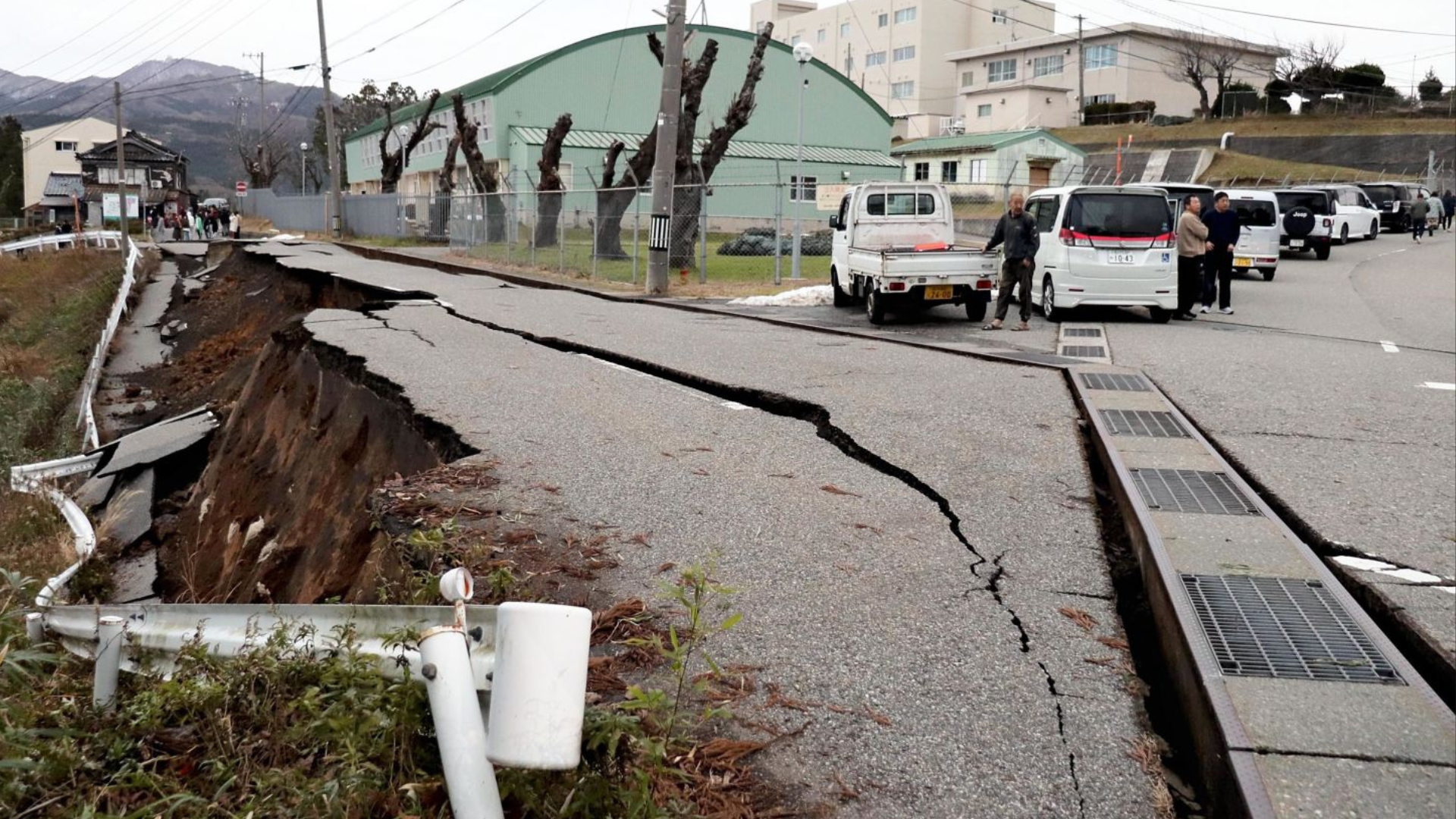

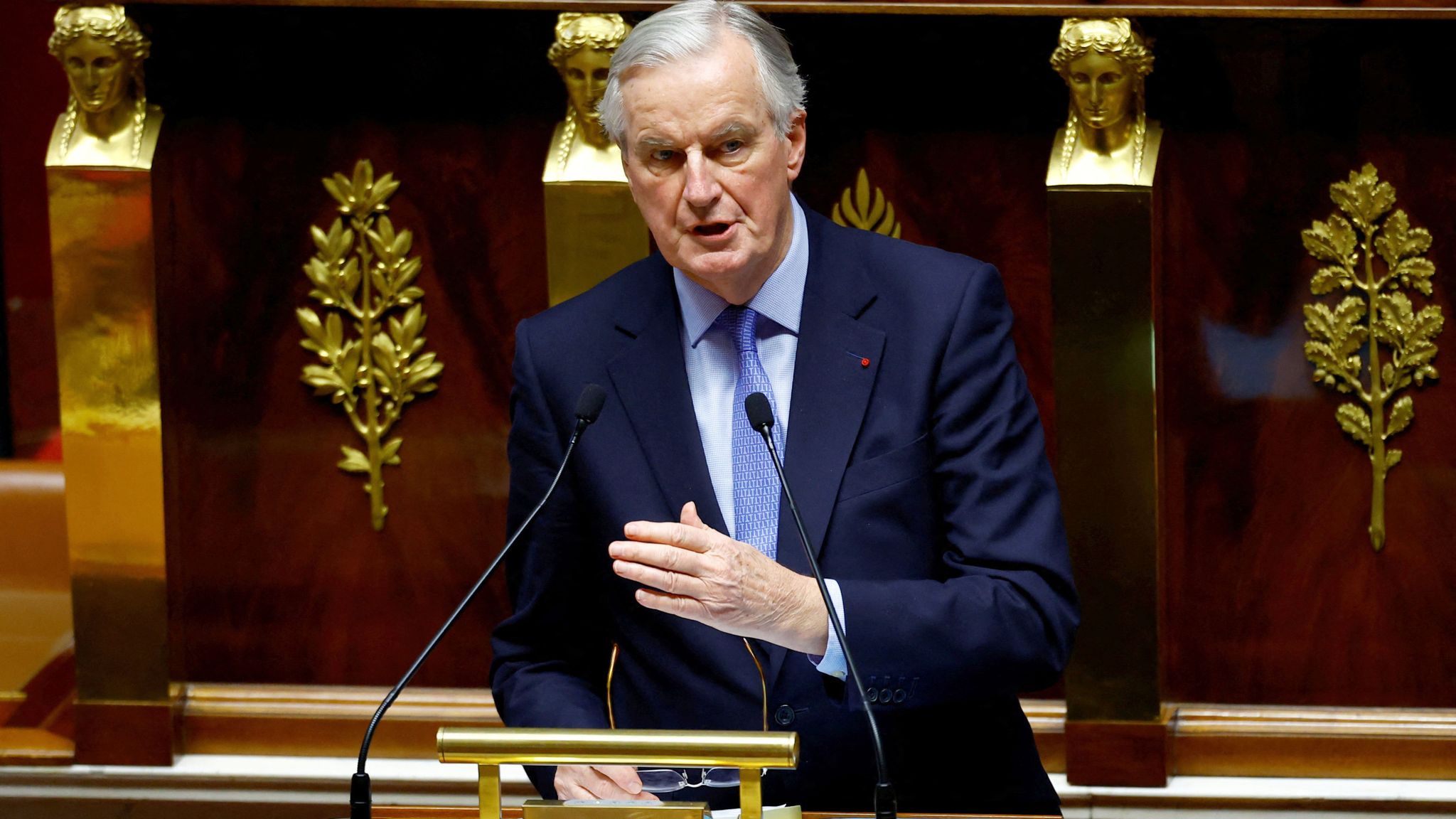

.png)

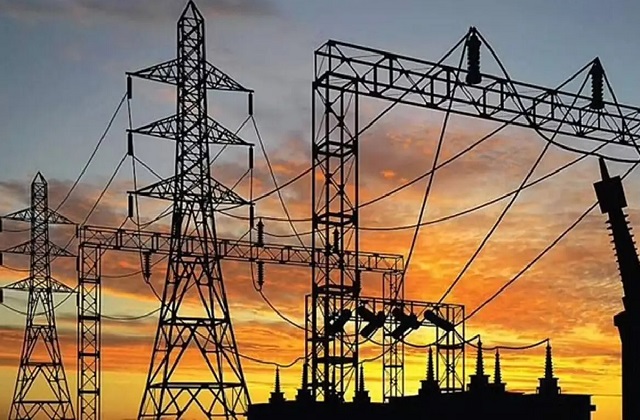



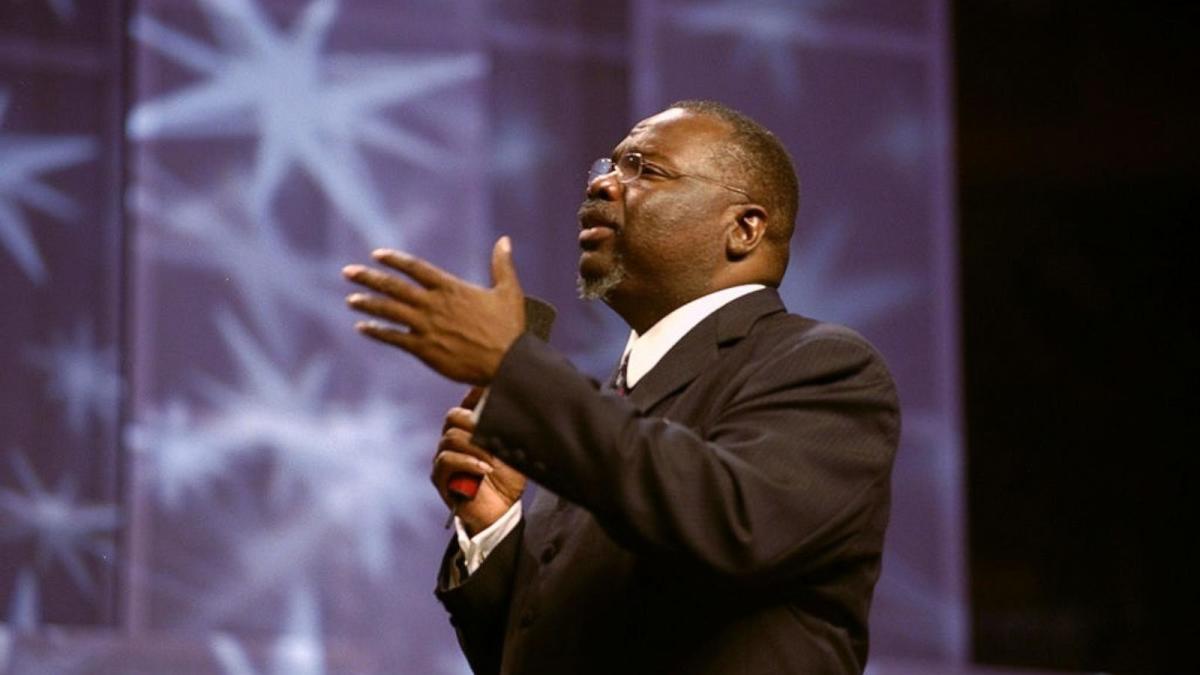

.jfif)


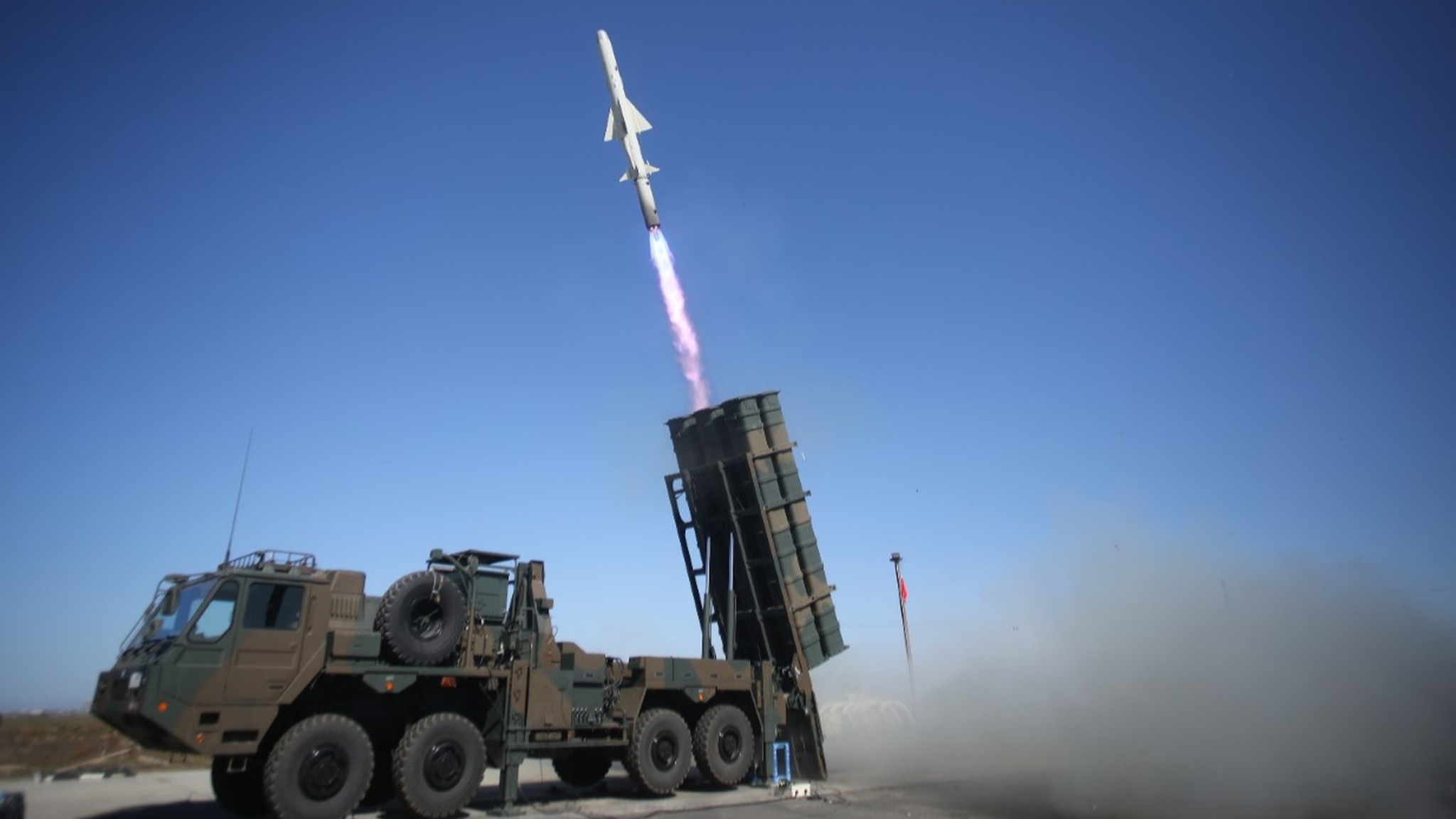
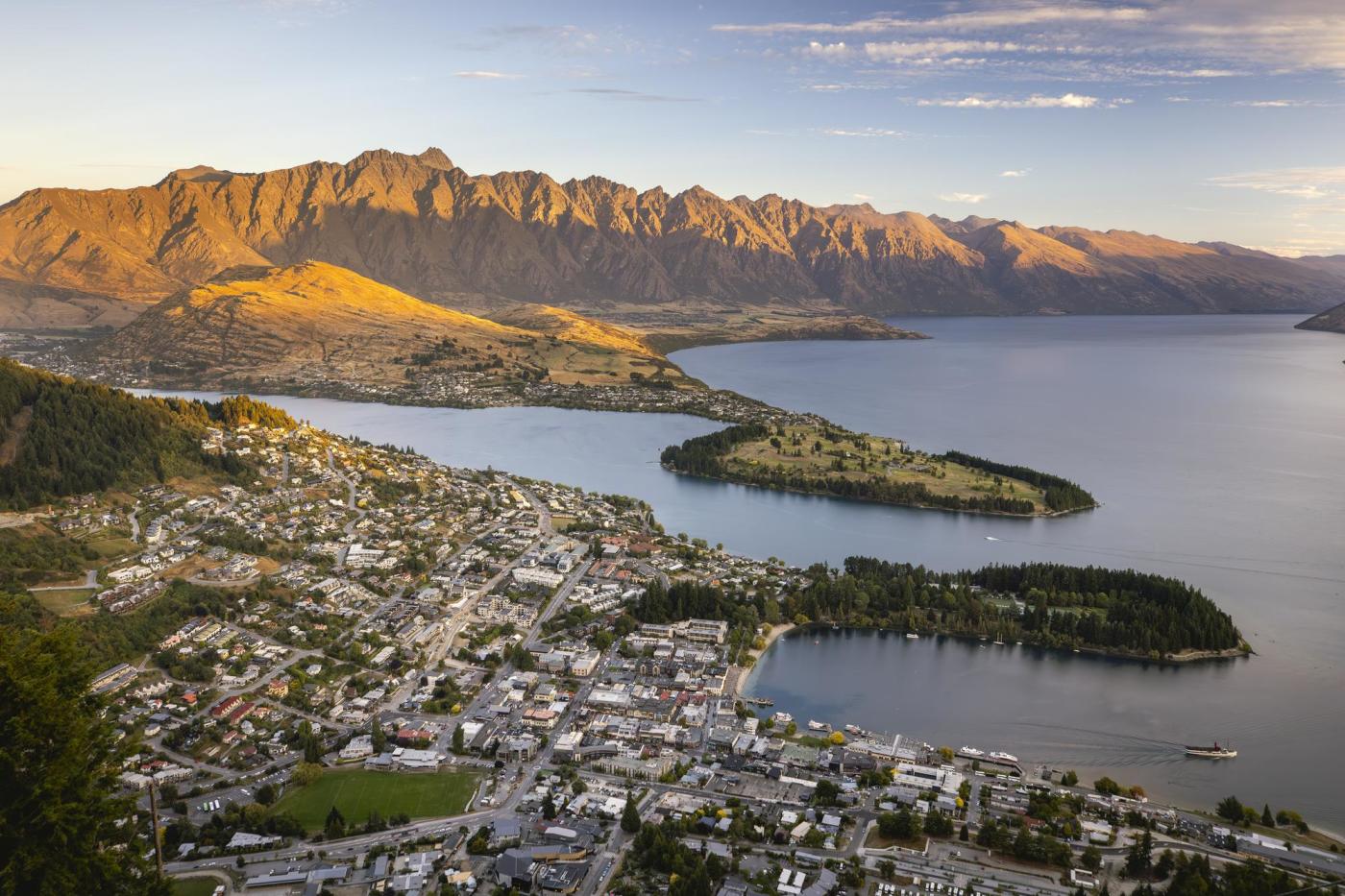






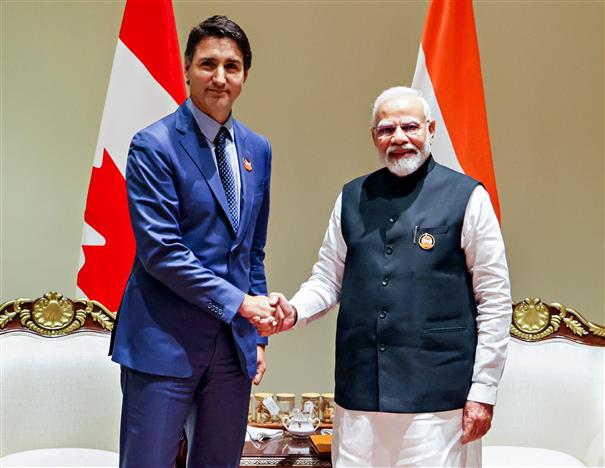





























































.png)
 (1).png)























